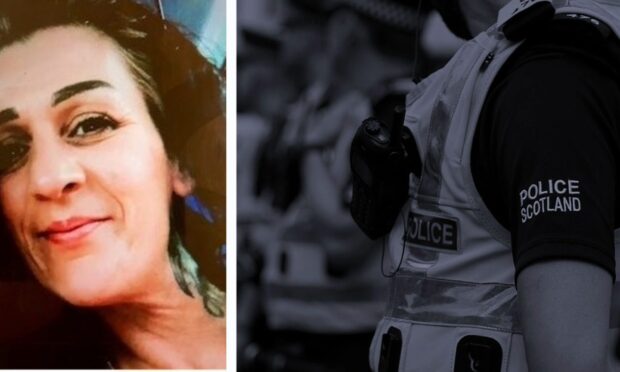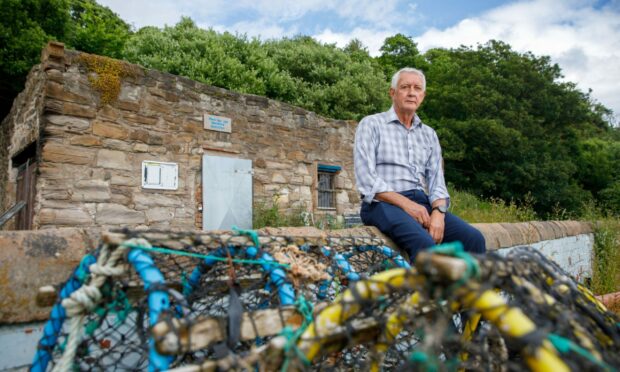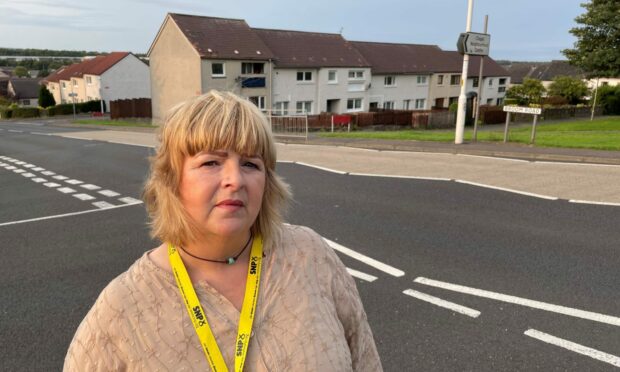Requests for NHS Fife’s interpreting and translation service have soared by 140% in just two years, it has been revealed.
Hea2lth chiefs are trialling new electronic interpretation devices as demand continues to rise from an increasingly diverse population.
The service is used by those for whom English is not their first language and people with sensory impairments such as sight and hearing issues.
Requests have increased for both community language and British Sign Language interpreters.
The translation team has also seen a significant rise in the number of requests from staff for longer and more complex interpreting sessions where adult and child protection issues are often factors.
Director of nursing Helen Wright said the rise in demand had been considerable.
“We have a diverse group of people coming in and using our service,” she said.
“Also, the promotion of the service, which is the right thing to do, has had an impact on demand.
“It’s used by thousands across NHS Fife.
“It might be a family that comes into a session where English is not their first language, it might be telephone contact, it might be help with choosing a doctor. There’s a whole raft of things.”
The service is part of a national action plan to tackle inequality around access to health and social care.
The increase in demand has prompted the health board to start talks with Fife Council to see if a joint service could be delivered more cheaply.
It has also changed the criteria for face-to-face interpreting to help manage appointments.
“It doesn’t always have to be face-to face,” said Ms Wright.
“In some cases technology can be used and we’re looking at that in some GP practices.
“There’s a lot of work going on and that continues.”
As a public sector body, NHS Fife has a duty to comply with the Equality Act (2010) and must demonstrate actions to eliminate discrimination and foster good relations between different groups.
Staff receive equality training and relationships have been formed with local equality groups, including Transgender Fife, Young Carers and the deaf community.










